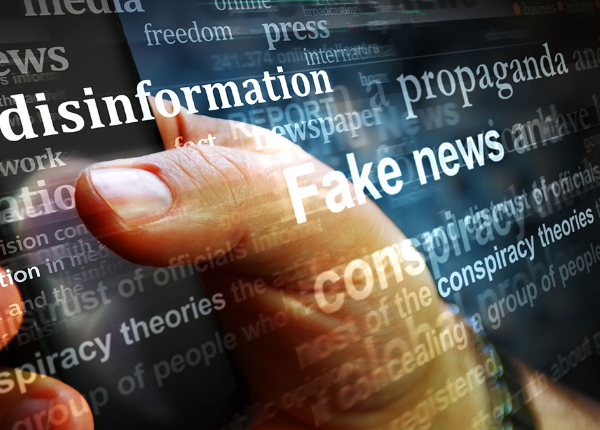Social media became so vast that anyone can now share information with a wide audience. This leads to an abundance of information, moderated by very few fact-checkers: misinformation can easily spread throughout online platforms. However, researches show that social media users tend to perceive others as more vulnerable to misinformation than themselves.
Researchers looked deeper into corrective actions, which in this case are mainly having one’s own views be heard and counterbalancing misinformation through third-person perception (TPP). They also looked into different types of corrections: correcting others in an open and timely manner, or retracting falsehoods propagated by themselves (self-correction). Self-correction was approached as a type of third-person effect (TPE) that may result from TPP and researchers questioned the motives of self-correction (desire to appear smarter or altruistic care about the truth). Finally, the influence of perceived norms was analyzed with regards to corrective behaviors (“descriptive norm denotes ‘what most people do,’ whereas a prescriptive norm refers to societal standards of ‘what most others approve or disapprove'”).
The study gathered a dataset of 437 responses collected in 2018 through Qualtrics’ online platform. Participants were randomly selected from a panel representing the U.S. adult population. Researchers made sure to focus on misinformation, rather than also including Fake News and disinformation. They defined it as “information that does not accurately reflect the true state of reality regardless of disseminators’ knowledge and intention.” The participants were asked questions about their likeliness to correct a false statement online posted by a friend or acquaintance, as well as made-up news they shared themselves. They were also asked how confident they were in their own ability to spot made-up news, in contrast with others’ ability to spot made-up news.
Results showed that Americans tend to perceive themselves as more able to recognize misinformation than others. It also found that TPP is an important motivator for corrective actions, including self-correction in an effort to combat misinformation. Perceived norms also triggered more corrective behaviors, meaning that individuals tend to be more motivated to correct misinformation when they perceive corrective actions are prevalent.
To read more: https://doi.org/10.1080/08838151.2021.1903896
Alex Zhi-Xiong Koo, Min-Hsin Su, Sangwon Lee, So-Yun Ahn, and Hernando Rojas. What Motivates People to Correct Misinformation? Examining the Effects of Third-person Perceptions and Perceived Norms. JOURNAL OF BROADCASTING & ELECTRONIC MEDIA 2021, VOL. 65, NO. 1, 111–134 DOI 10.1080/08838151.2021.1903896








